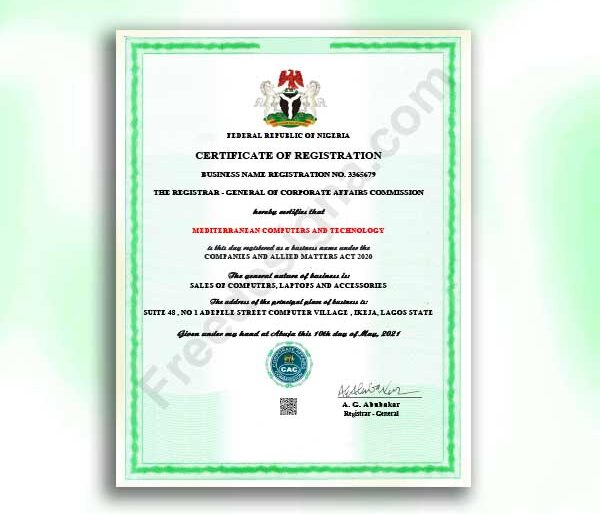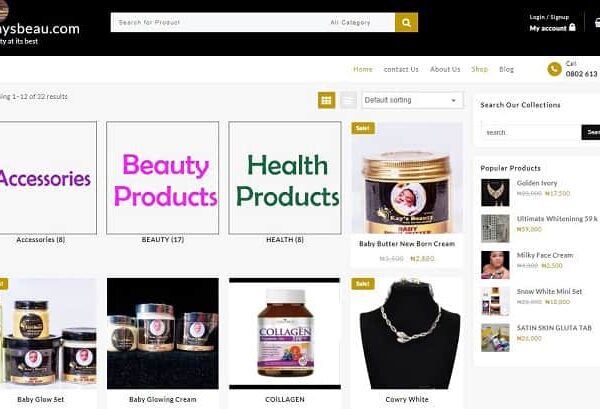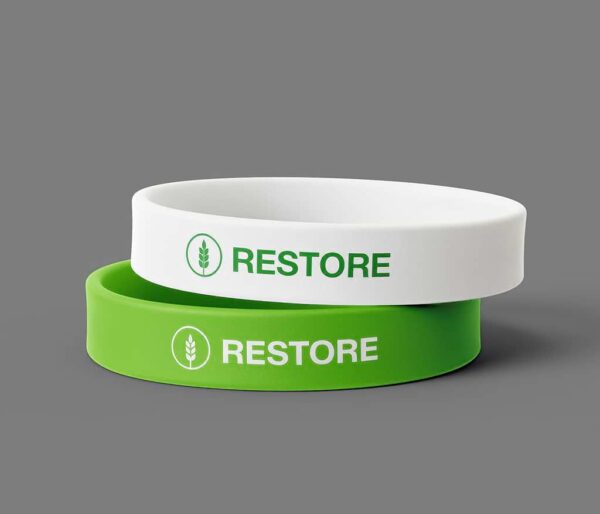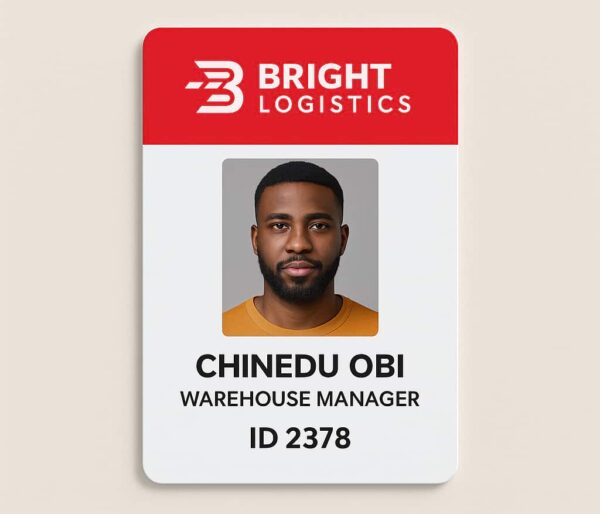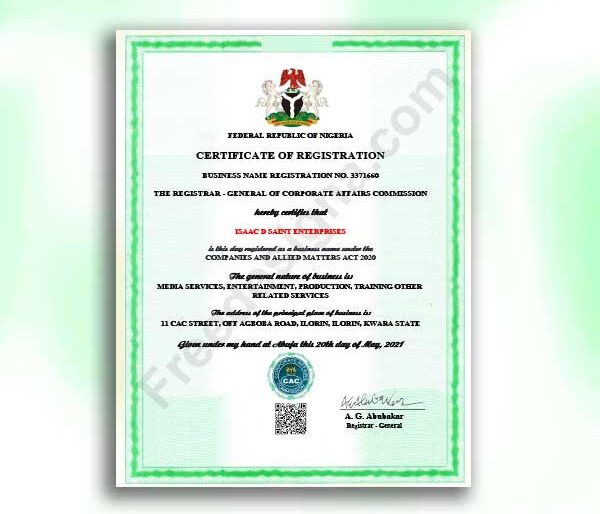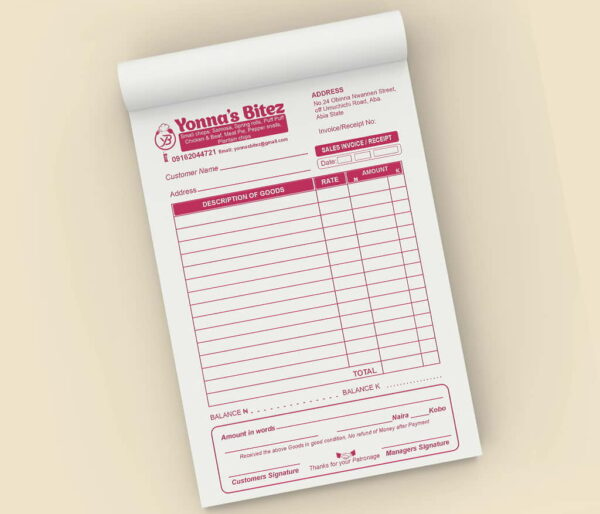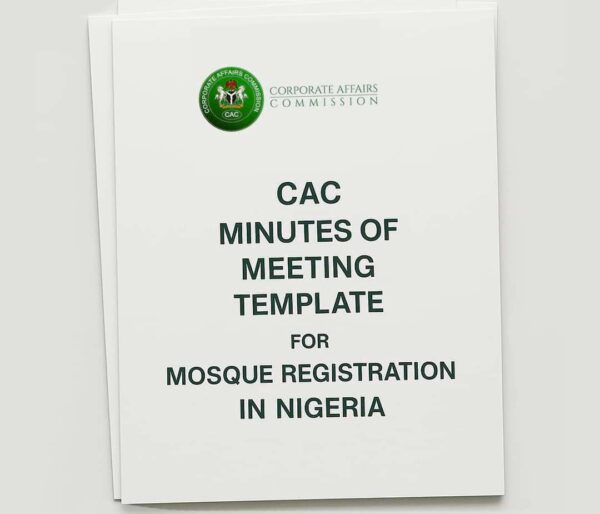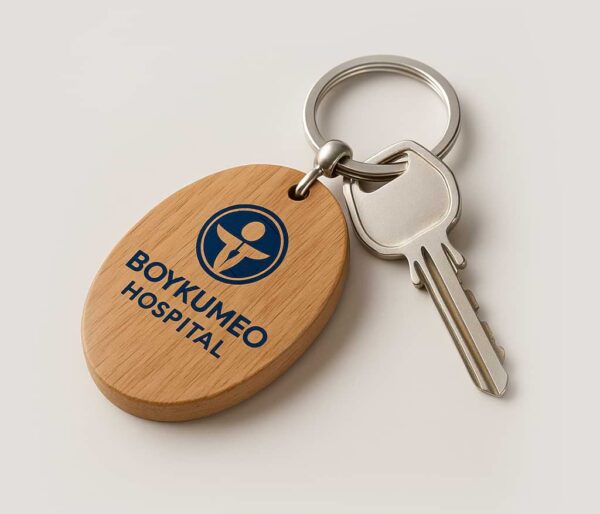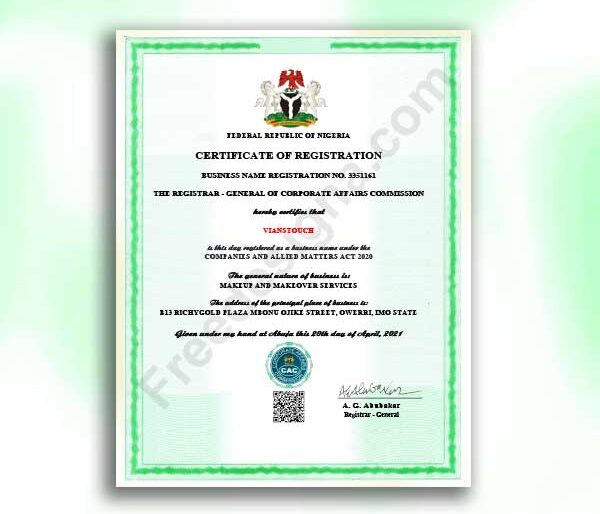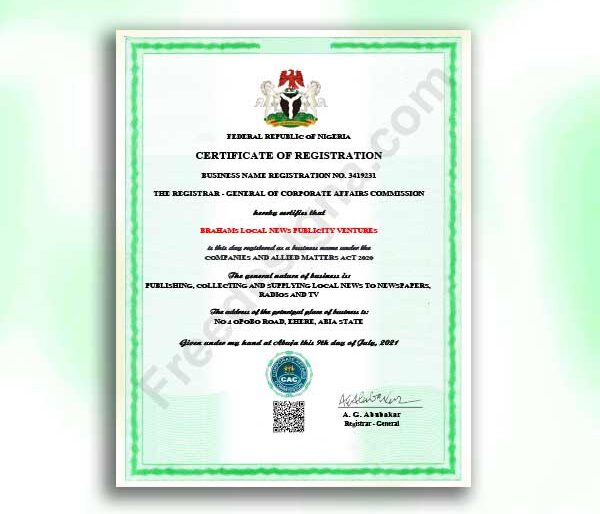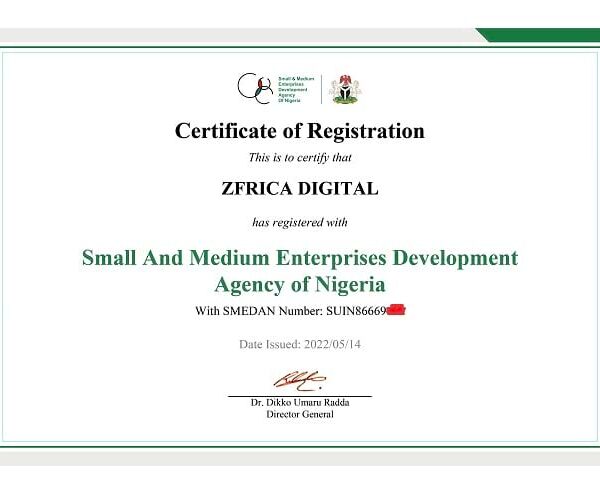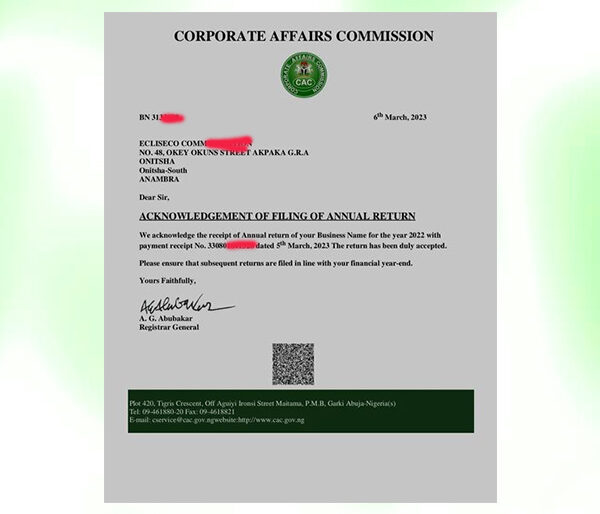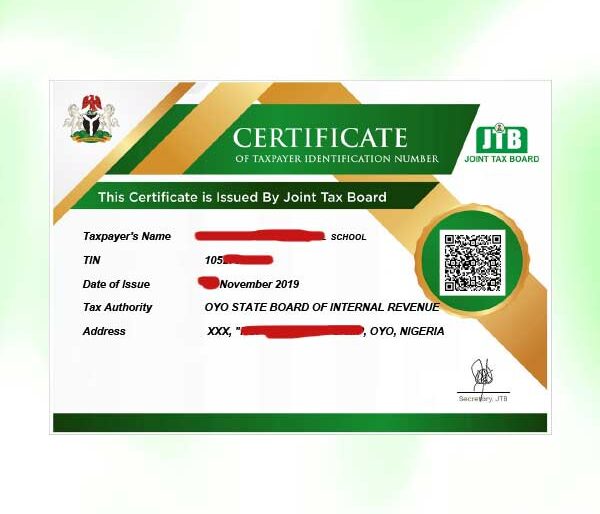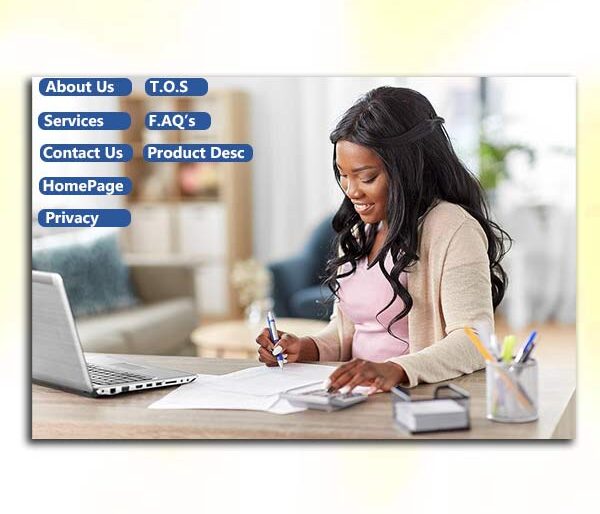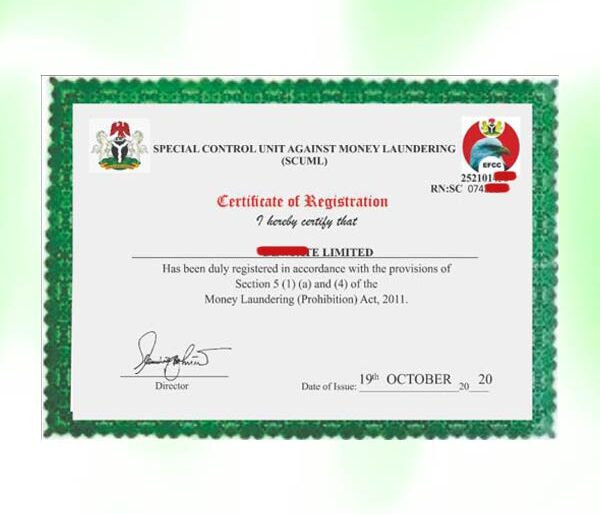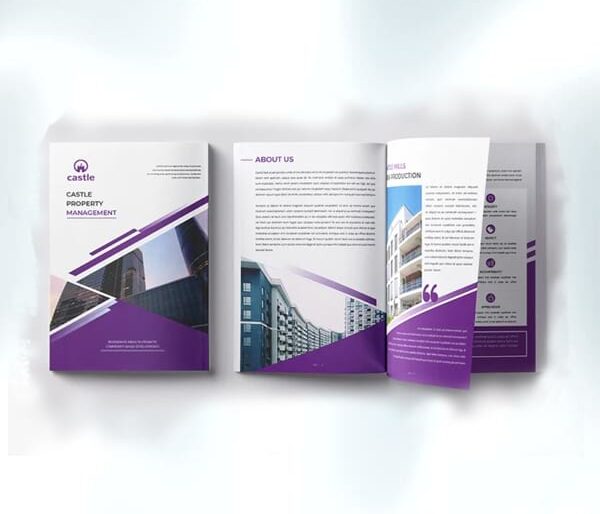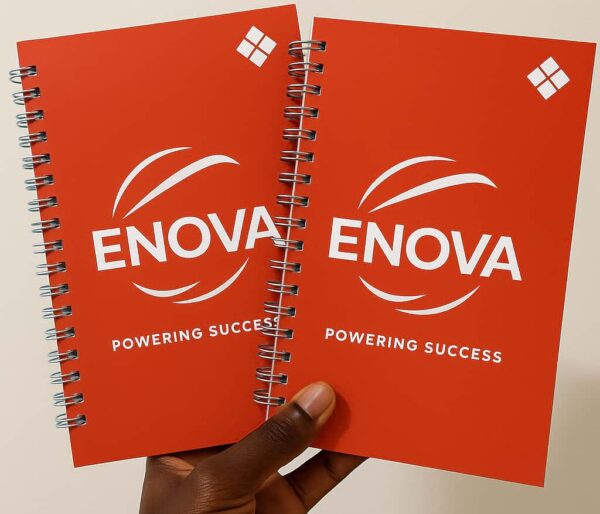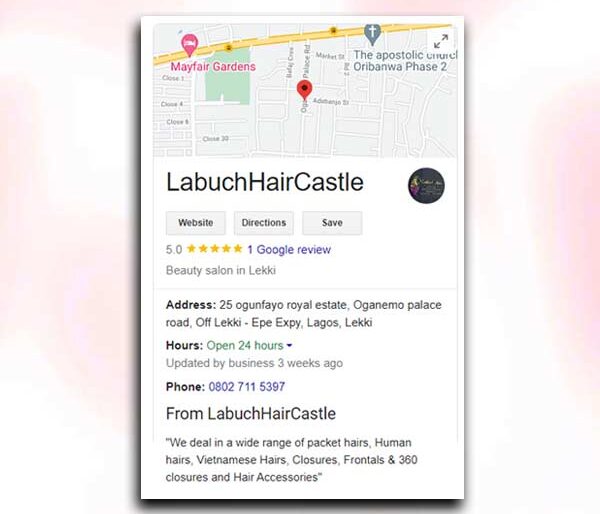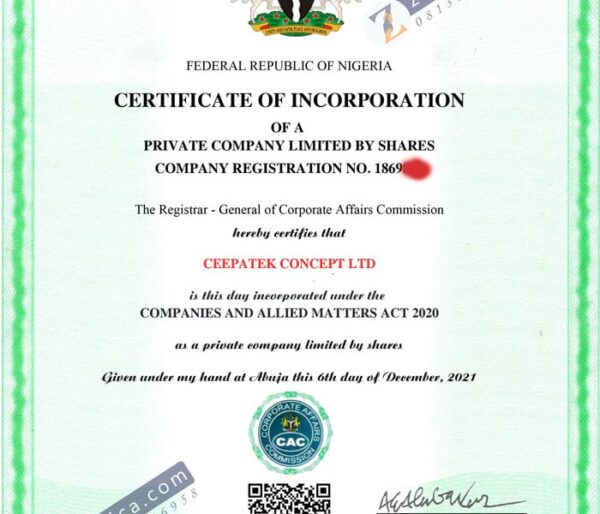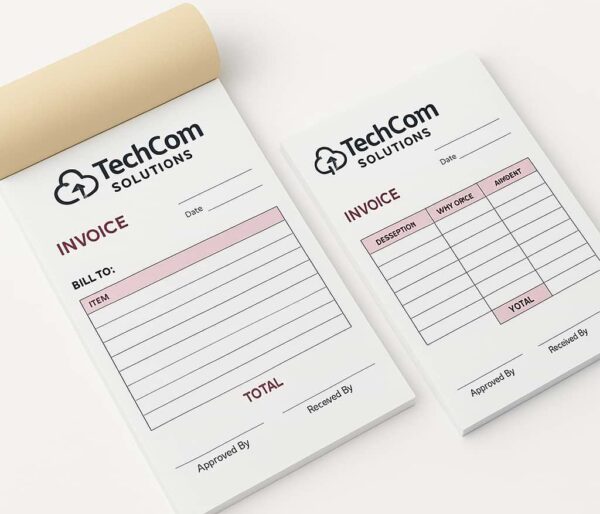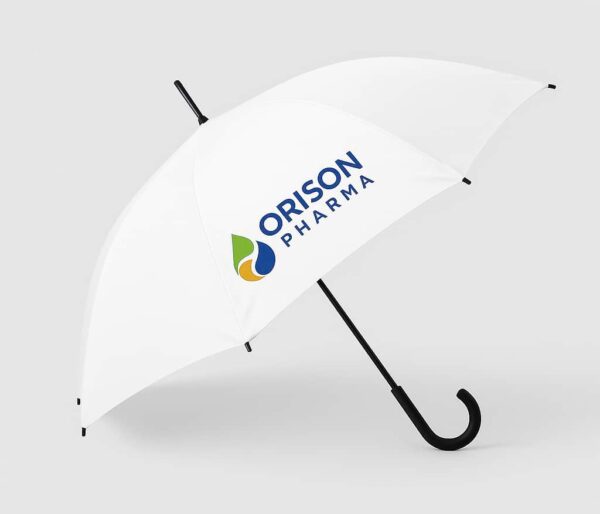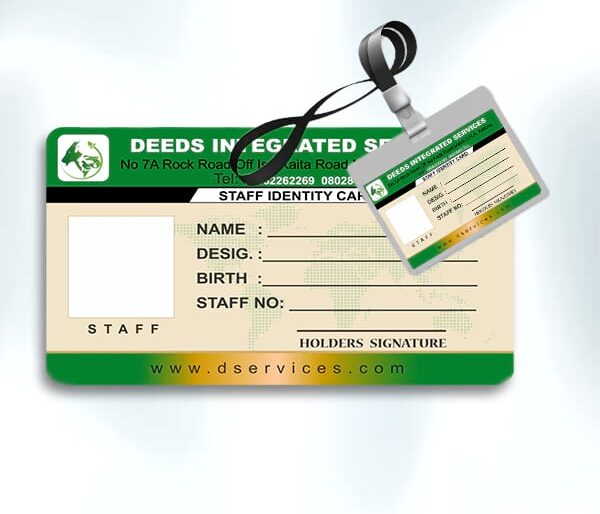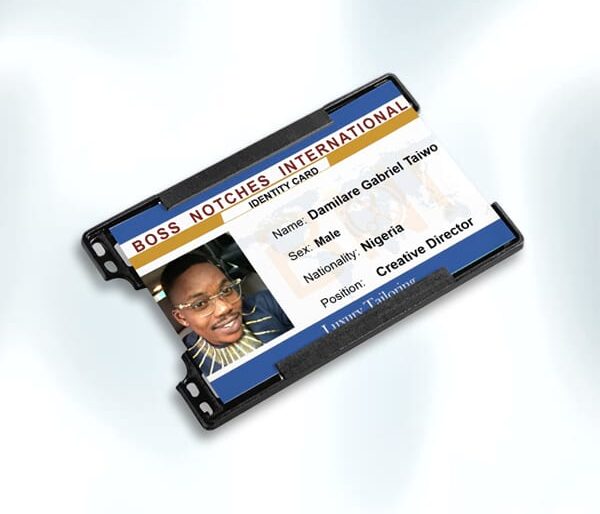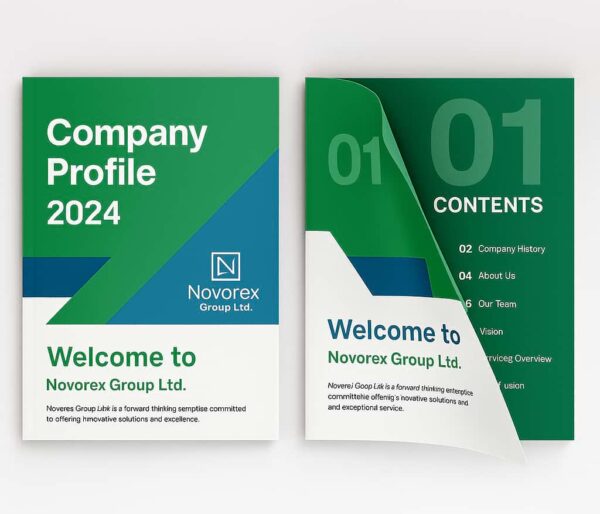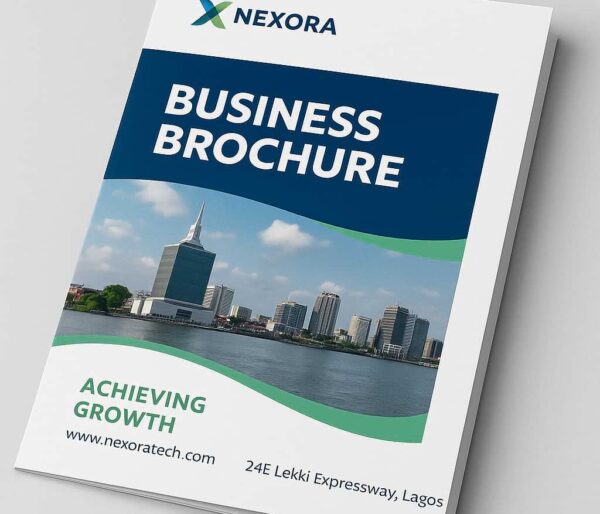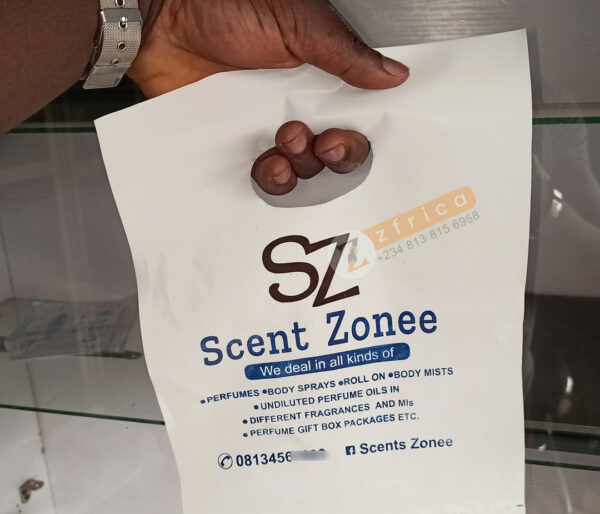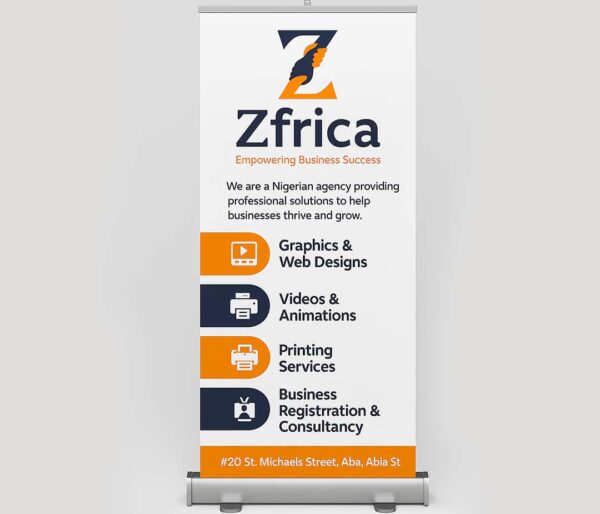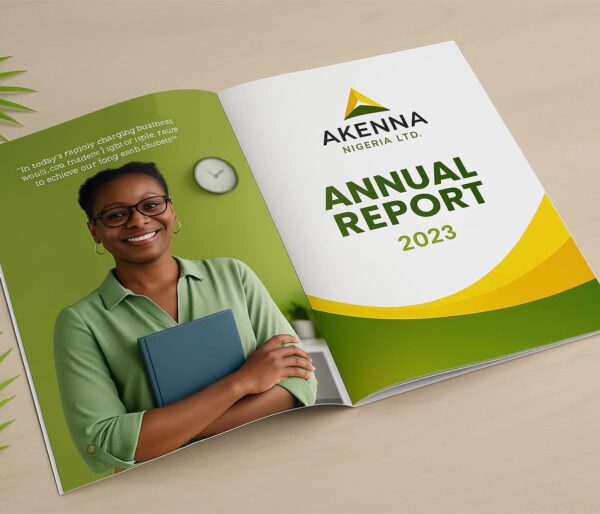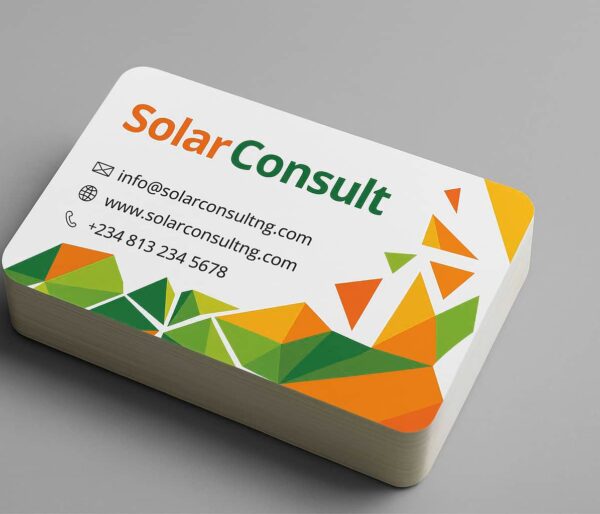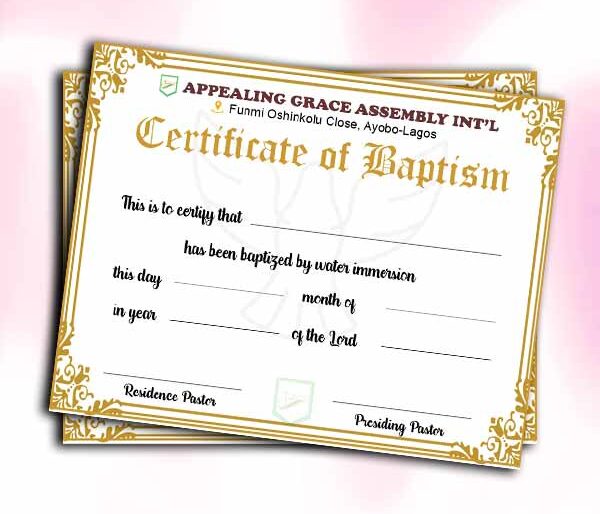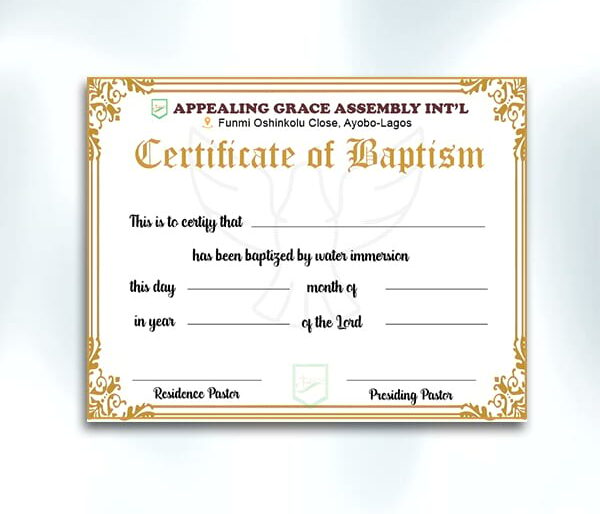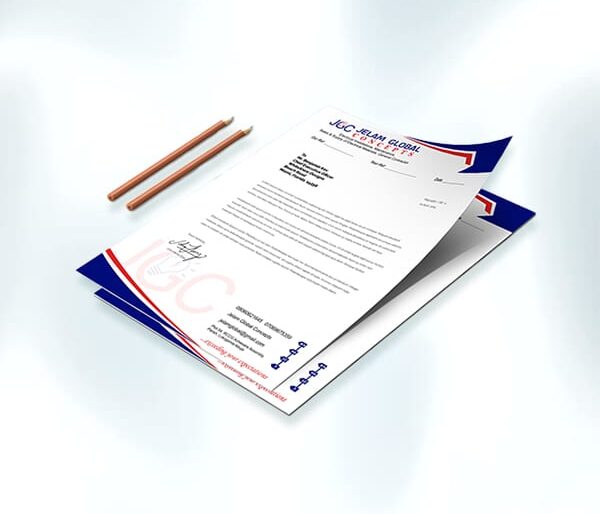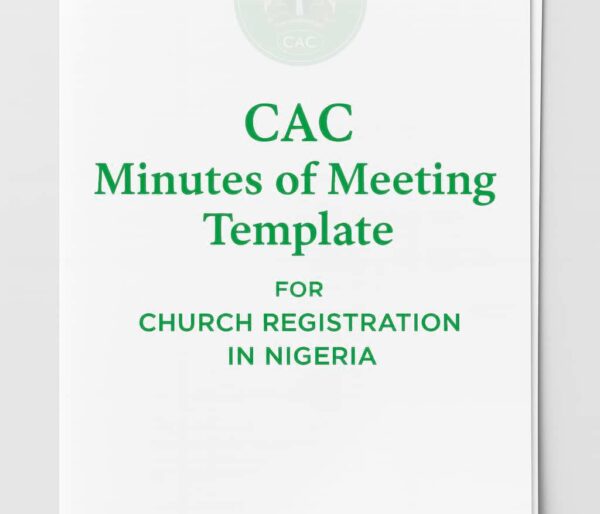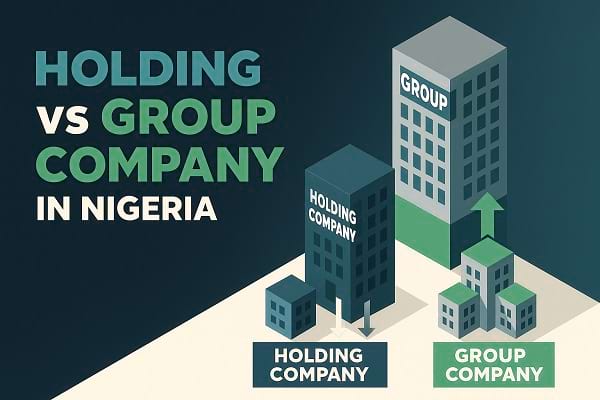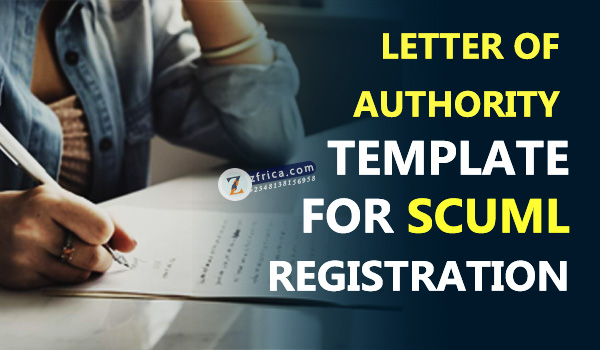Introduction
When you hear the phrase minimum share capital for CAC company registration, it might sound like just another financial term, but in reality, it is one of the most critical requirements for setting up a company in Nigeria. Whether you are a business owner, lawyer, accountant, or consultant, failing to understand the rules around share capital can cause delays, rejections, or even loss of important business opportunities.
In this guide, we’ll explore the role of share capital in company registration, why it matters for licensing, and how it directly affects your ability to operate successfully in Nigeria. We will present the full updated CAC share capital list for designated companies, complete with practical tips and FAQs.
Understanding the Minimum Share Capital for CAC Company Registration
Share capital is the total value of shares issued by a company to its shareholders. It goes beyond paperwork — it determines the company’s financial strength and credibility.
Here’s why it matters:
- Foundation of Company Structure
- Share capital defines ownership percentages among shareholders.
- It sets the tone for profit sharing and decision-making power.
- Gateway to Financing
- A company with sufficient share capital appears more reliable to banks, investors, and partners.
- It increases access to loans, investment, and business credit.
- CAC Costs
- Registration fees and stamp duty vary depending on the declared share capital.
- The higher the share capital, the higher the payable fees.
- Regulatory Compliance
- Many industries in Nigeria require specific minimum share capital thresholds to obtain licenses.
- Without meeting them, your company risks rejection.
Imagine a CAC accredited agent rushing to file incorporation documents for a client, only to discover later that the company’s line of business requires a ₦20 million minimum share capital. If they initially registered with ₦1 million, the application would be queried or rejected, causing delays and additional costs.
Our Top Selling Services

How Share Capital Impacts Licensing and Permits
Failing to meet these thresholds means licenses will be denied outright, regardless of other qualifications. This is why knowing the minimum share capital for CAC company registration in your industry is essential before filing any documents.
- Foreign-Owned Companies: Must register with at least ₦100 million share capital before obtaining expatriate quota or business permits.
- Lending Companies in Lagos: Require a minimum of ₦20 million to secure a Lagos State lending license.
- Commercial Banks: The Central Bank of Nigeria (CBN) requires between ₦200 billion and ₦500 billion depending on the license type (national or international).
- Insurance Companies: The National Insurance Commission (NAICOM) requires between ₦8 billion and ₦18 billion depending on the insurance type.
Failing to meet these thresholds means licenses will be denied outright, regardless of other qualifications.
Common Mistakes with Share Capital in CAC Registrations
Many professionals and business owners make costly errors when handling share capital. Some of the most common mistakes include:
- Underpricing the Job
- Consultants or Accredited agents often quote fees to clients without confirming the business activities first.
- Later, they discover the company requires higher share capital, meaning higher CAC costs, but the client has already paid less.
- Assuming One-Size-Fits-All
- Not every company can be registered with the minimum ₦100,000 share capital.
- Certain activities — like finance, security, or aviation — require much higher figures.
- Ignoring Future Growth
- Some businesses register at the bare minimum, only to face difficulties later when applying for licenses, bank loans, or contracts.
- Not Updating Share Capital Post-Incorporation
- CAC allows companies to increase their share capital, but many never update, leaving them stuck when opportunities arise.
Share Capital and Regulatory Agencies in Nigeria
Several government agencies use share capital as part of their licensing requirements.
- SCUML (Special Control Unit Against Money Laundering)
Companies dealing in designated non-financial businesses (e.g., real estate, law, accounting) must meet share capital thresholds to secure SCUML certificates. - NAFDAC (National Agency for Food and Drug Administration and Control)
Manufacturing or pharmaceutical companies must align their share capital with regulatory standards before obtaining approvals. - CBN (Central Bank of Nigeria)
Financial institutions, from microfinance banks to commercial banks, have some of the highest share capital requirements in Nigeria.
This demonstrates that share capital is not just a CAC issue — it is a cross-sector compliance issue.
We recommend this for you
Story Example: Why Professionals Must Confirm First
Let’s paint a simple picture.
A CAC accredited agent in Aba is approached by a client who wants to register a finance company. The accountant assumes the job is straightforward and prices it like a normal private limited company — ₦1,000,000 share capital.
The client pays, documents are submitted, but later CAC rejects the application because finance companies require ₦20 million minimum share capital. The CAC accredited agent not only loses credibility but also risks refunding money and reprocessing the entire job at extra cost.
This is why the first question any CAC accredited agent, consultant, lawyer, or accountant should ask a client is: “What business activities will your company engage in?”
Have you Read this ?
Private vs Public Companies: What the Law Says
According to the Companies and Allied Matters Act (CAMA 2020):
- Private Limited Companies
- Must have a minimum share capital of ₦100,000.
- In practice, most choose ₦1,000,000 for flexibility.
- Public Limited Companies (PLCs)
- Must have a minimum share capital of ₦2,000,000.
- Examples include commercial banks like GT Bank, UBA, and First Bank.
Key difference?
- Public company shares are traded on the stock market.
- Private company shares are not.
- Whereas business names don’t work with shares at all
Looking Ahead: The Full CAC Share Capital List (2026)
Now that we’ve explored the importance of share capital, its impact on licensing, and common mistakes to avoid, the next step is to dive into the full list of CAC share capital requirements by business type in Nigeria (2026 update).
This list will show, line by line, the minimum share capital required for over 70 company categories — from finance and insurance to aviation, shipping, agriculture, and more.
Here, you’ll see:
- The official CAC share capital list in a simple table format.
- Tips on how to use the list when pricing your services or negotiating with clients.
- FAQs that clarify common confusions about CAC registration.
CAC Share Capital List in Nigeria (2026 Update)
Below is the updated minimum share capital requirement for designated companies in Nigeria. This is essential knowledge for accountants, lawyers, consultants, and business owners preparing for registration.
Minimum CAC Share Capital for Designated Companies
| SN | Type of Company | Minimum Share Capital (₦) |
| 1 | ISSUING HOUSE | 200 Million |
| 2 | BROKER/DEALER | 300 Million |
| 3 | TRUSTEE | 300 Million |
| 4 | FUND/PORTFOLIO MANAGER | 150 Million |
| 5 | STOCK BROKER | 200 Million |
| 6 | STOCK DEALER | 100 Million |
| 7 | CORPORATE INVESTMENT ADVISER (REGISTRAR) | 150 Million |
| 8 | CORPORATE INVESTMENT ADVISER | 5 Million |
| 9 | INDIVIDUAL INVESTMENT ADVISER | 2 Million |
| 10 | MARKET MAKER | 2 Billion |
| 11 | CONSULTANT (PARTNERSHIP) | 2 Million |
| 12 | CONSULTANT (INDIVIDUAL) | 500,000 |
| 13 | CONSULTANT (CORPORATE) | 5 Million |
| 14 | UNDERWRITER | 200 Million |
| 15 | VENTURE CAPITAL MANAGER | 20 Million |
| 16 | COMMODITIES BROKER | 40 Million |
| 17 | CAPITAL TRADE POINT | 20 Million |
| 18 | RATING AGENCY | 150 Million |
| 19 | CORPORATE/SUB BROKER | 5 Million |
| 20 | ASSET MANAGEMENT (INTANGIBLE ASSETS) | 300 Million |
| 21 | COMMERCIAL BANK (REGIONAL) | 10 Billion |
| 22 | COMMERCIAL BANK (NATIONAL) | 25 Billion |
| 23 | COMMERCIAL BANK (INTERNATIONAL) | 50 Billion |
| 24 | MERCHANT BANK | 15 Billion |
| 25 | PAYMENT SOLUTION SERVICES (PSS) | 250 Million |
| 26 | SUPER AGENT | 50 Million |
| 27 | PAYMENT TERMINAL SERVICE PROVIDER (PTSP) | 100 Million |
| 28 | PAYMENT SOLUTIONS SERVICE PROVIDER (PSSP) | 100 Million |
| 29 | MOBILE MONEY OPERATION | 2 Billion |
| 30 | SWITCHING AND PROCESSING | 2 Billion |
| 31 | UNIT MICRO FINANCE BANK (TIER 1) | 200 Million |
| 32 | UNIT MICRO FINANCE BANK (TIER 2) | 50 Million |
| 33 | MICRO FINANCE BANK (STATE & FCT) | 1 Billion |
| 34 | MICRO FINANCE BANK (NATIONAL) | 5 Billion |
| 35 | PRIMARY MORTGAGE INSTITUTION | 2 Billion |
| 36 | FINANCE COMPANY | 20 Million |
| 37 | BUREAU DE CHANGE | 35 Million |
| 38 | NON-INTEREST BANK (REGIONAL) | 5 Billion |
| 39 | NON-INTEREST BANK (NATIONAL) | 10 Billion |
| 40 | INSURANCE BROKER | 5 Million |
| 41 | LIFE INSURANCE | 8 Billion |
| 42 | GENERAL INSURANCE | 10 Billion |
| 43 | COMPOSITE INSURANCE | 18 Billion |
| 44 | RE-INSURANCE | 20 Billion |
| 45 | UNIT MICROINSURER | 40 Million |
| 46 | STATE MICROINSURER | 100 Million |
| 47 | NATIONAL MICROINSURER | 600 Million |
| 48 | TAKAFUL INSURANCE (GENERAL & FAMILY) | 200 Million |
| 49 | PRIVATE SECURITY COMPANY/CONSULTANT | 10 Million |
| 50 | PENSION FUND/ASSET CUSTODIAN | 2 Billion |
| 51 | CLOSED PENSION FUND | 500 Million |
| 52 | PENSION FUND ADMINISTRATOR | 5 Billion |
| 53 | LOTTERY | 5 Million |
| 54 | SPORTS LOTTERY | 30 Million |
| 55 | AIR TRANSPORT (INTERNATIONAL) | 2 Billion |
| 56 | AIR TRANSPORT (REGIONAL) | 1 Billion |
| 57 | AIR TRANSPORT (LOCAL) | 500 Million |
| 58 | AIR AMBULANCE/FUMIGATION/PRIVATE JET | 20 Million |
| 59 | AVIATION (GROUND HANDLING SERVICES) | 500 Million |
| 60 | AVIATION (TRAINING INSTITUTIONS) | 2 Million |
| 61 | AGENTS OF FOREIGN AIRLINES | 1 Million |
| 62 | TRAVEL/TOURS | 30 Million |
| 63 | AGRICULTURAL SEEDS/PROCESSING | 10 Million |
| 64 | SHIPPING COMPANY/AGENT | 25 Million |
| 65 | CABOTAGE TRADE | 25 Million |
| 66 | LIFE MICRO-INSURANCE | 150 Million |
| 67 | GENERAL MICRO-INSURANCE | 200 Million |
| 68 | FREIGHT FORWARDING | 5 Million |
| 69 | PAYMENT SERVICE BANK | 5 Billion |
| 70 | HMO (NATIONAL) | 400 Million |
| 71 | HMO (REGIONAL) | 200 Million |
| 72 | HMO (STATE) | 100 Million |
How to Use the CAC Share Capital List Effectively
This list is more than reference material — it is a practical tool for:
- CAC accredited agent, Accountants and Consultants
- Always ask clients what business activity they intend to register.
- Use the list to confirm the minimum capital before quoting your fees.
- Multiply CAC filing and stamp duty fees accordingly.
- Business Owners
- Confirm your industry’s requirement to avoid rejection.
- Plan ahead: register with slightly higher share capital if you anticipate expansion or licensing needs.
- Lawyers
- Reduce disputes by explaining share capital implications to clients upfront.
- Prevent delays in securing licenses or expatriate quotas.
Having this table handy helps professionals avoid underpricing mistakes, rejected filings, and client disputes.
Conclusion
Minimum share capital is more than a registration formality. It shapes your cost of incorporation, licensing eligibility, and future growth opportunities. By understanding the minimum share capital for CAC company registration, you can avoid costly mistakes, ensure compliance, and position your company for long-term growth.
For professionals, keeping this list within reach means confidence in pricing and credibility with clients. For business owners, it means setting up your company on the right foundation from day one.
FAQs on CAC Share Capital
Q: Do NGOs require share capital in Nigeria?
A: No. NGOs are non-profit and governed by constitutions, not shares.Q: Can I increase my company’s share capital later?
A: Yes. CAC allows post-incorporation share capital increases, which is often required when applying for licenses.Q: What happens if I register with the wrong share capital?
A: CAC may query the application, delay processing, or require you to pay additional fees. It can also cause rejection during license applications.Q: Why is share capital different across industries?
A: Each regulator (CBN, NAICOM, NAFDAC, Ministry of Interior) sets thresholds to measure financial strength and compliance readiness.Q: What’s the minimum share capital for a small private company?
A: ₦100,000, though many professionals recommend starting with ₦1 million for flexibility.


